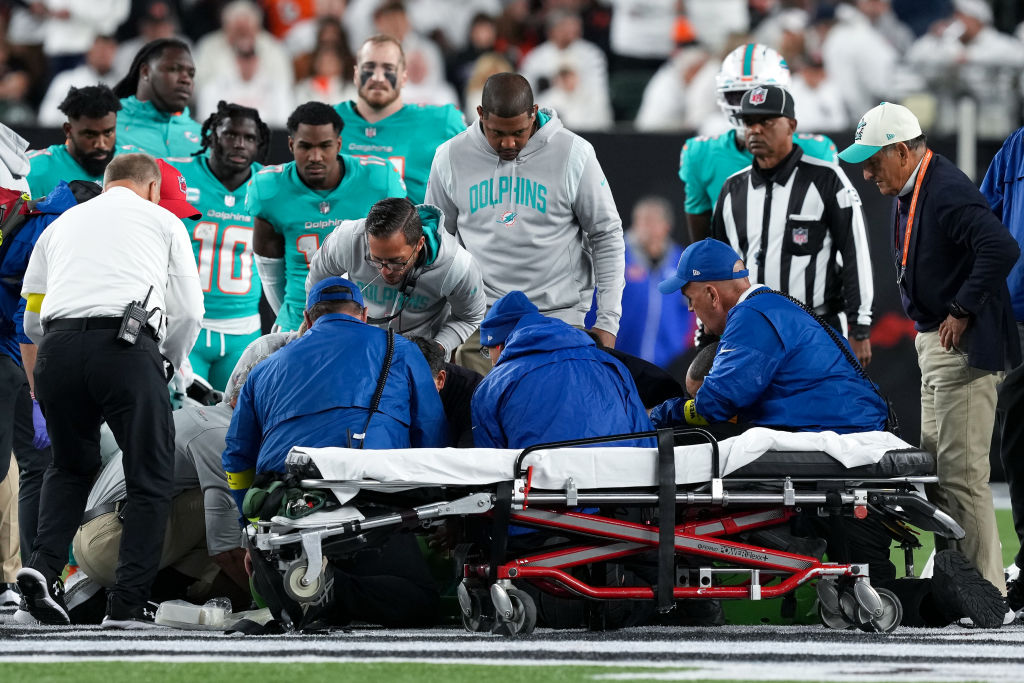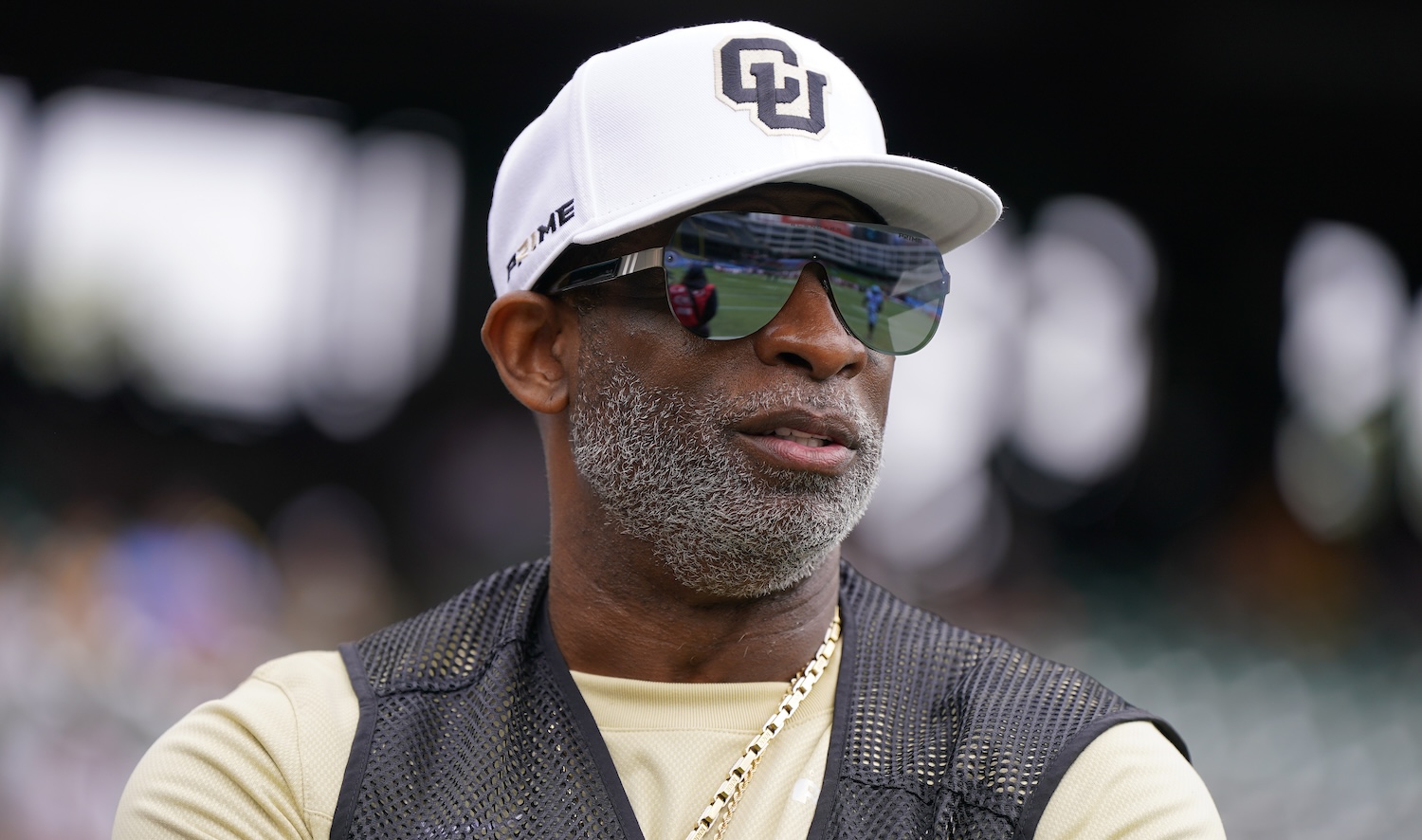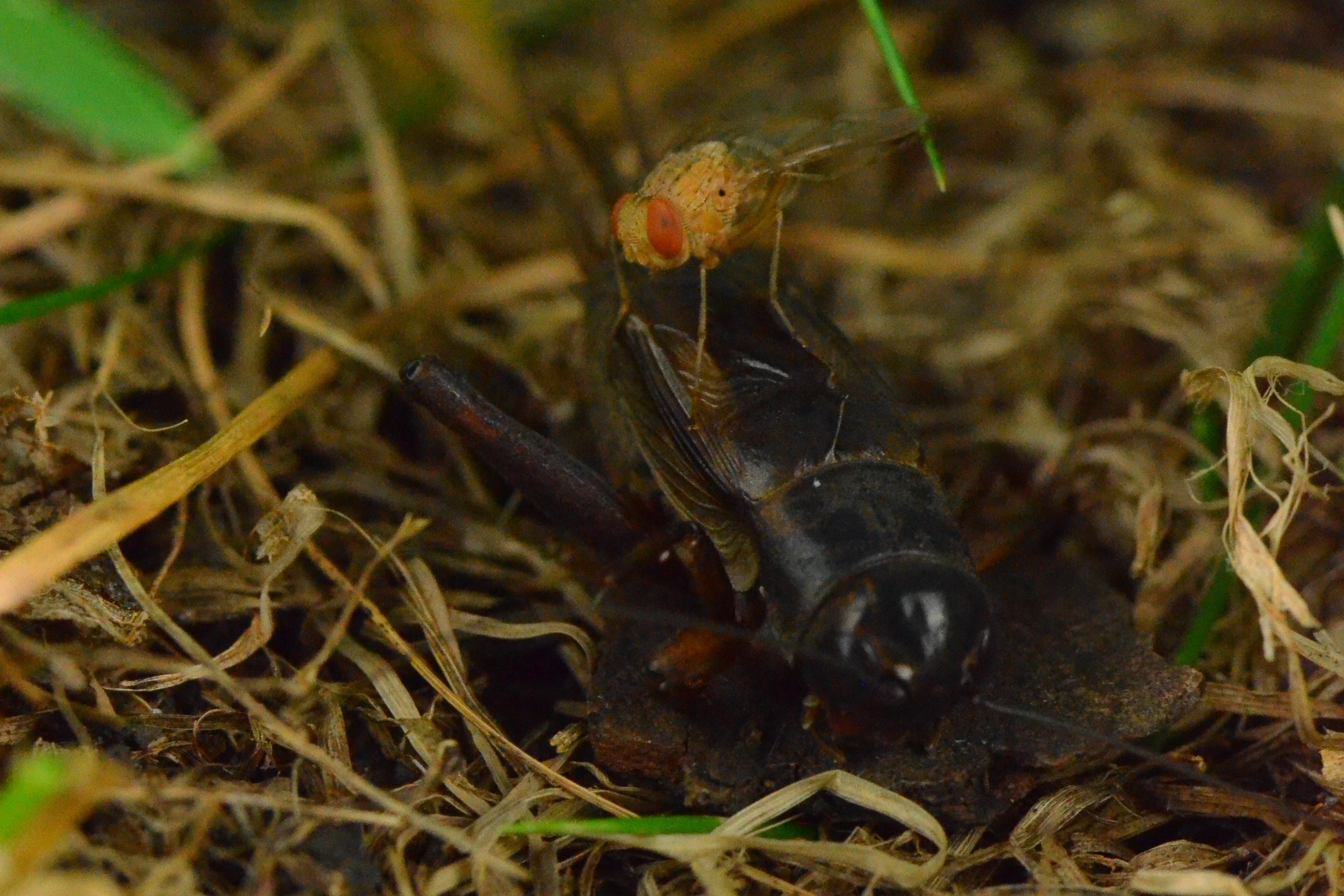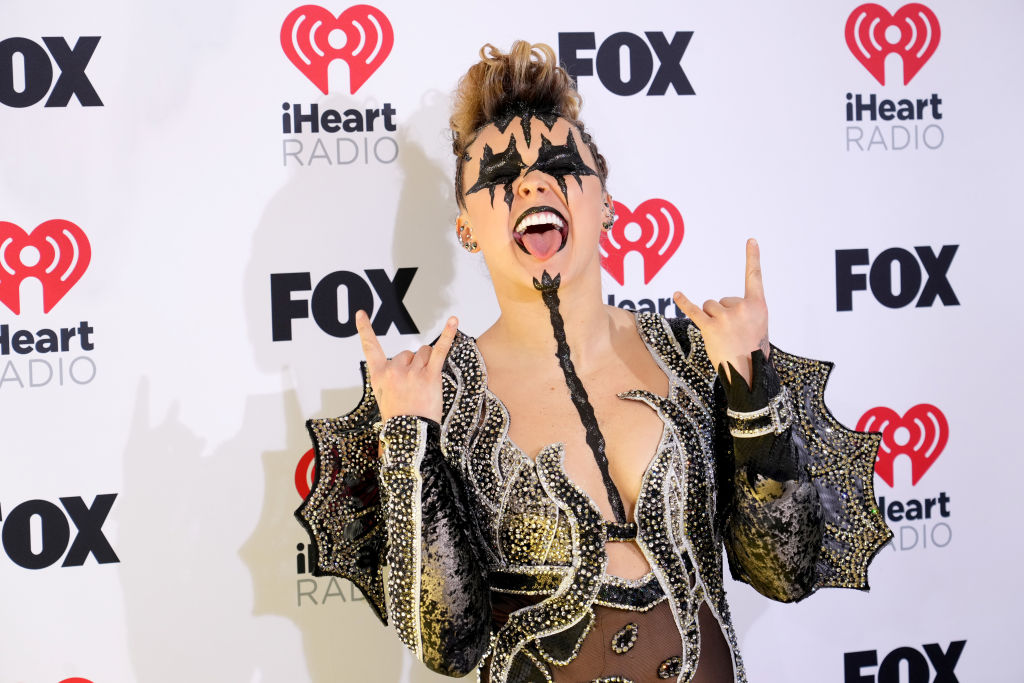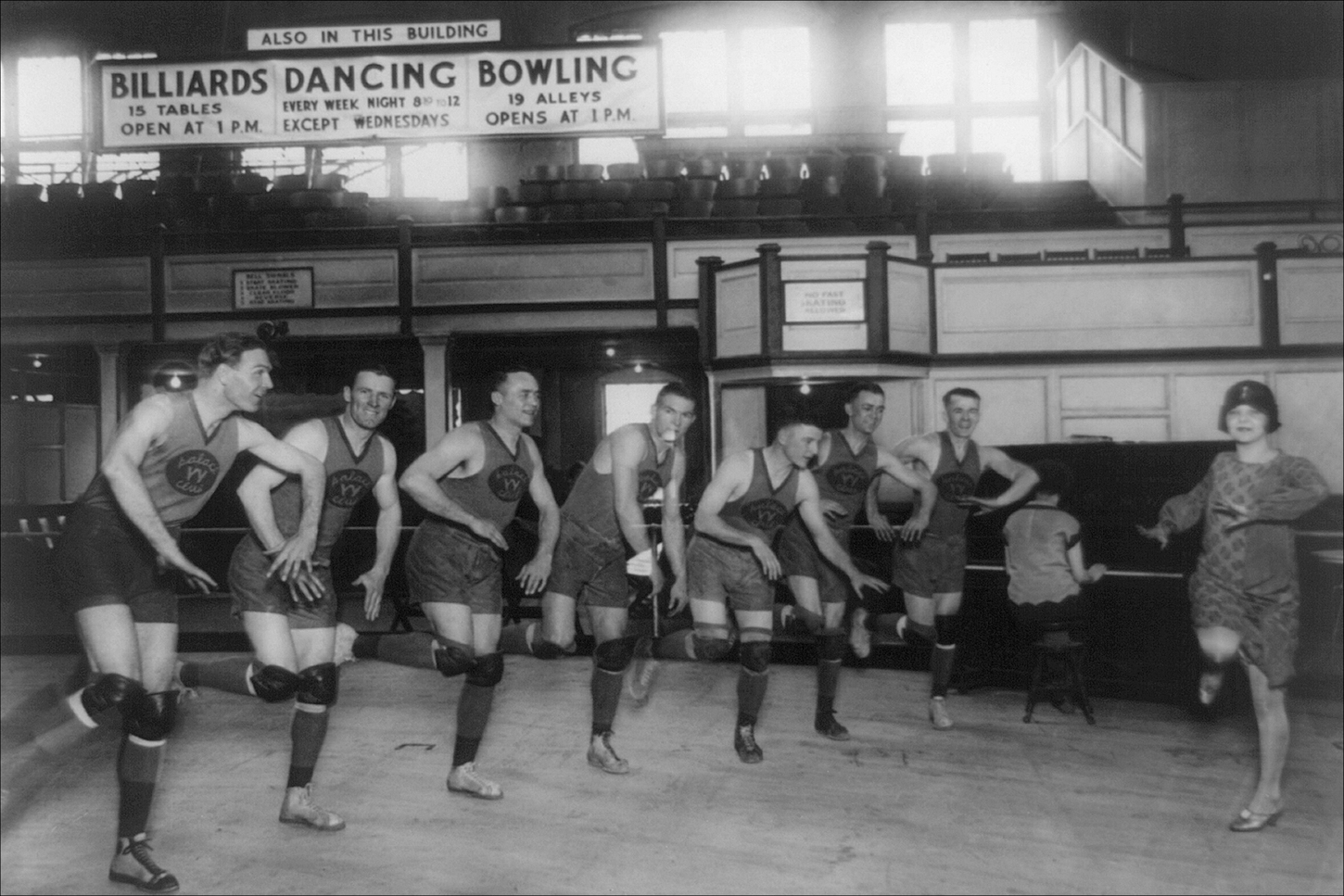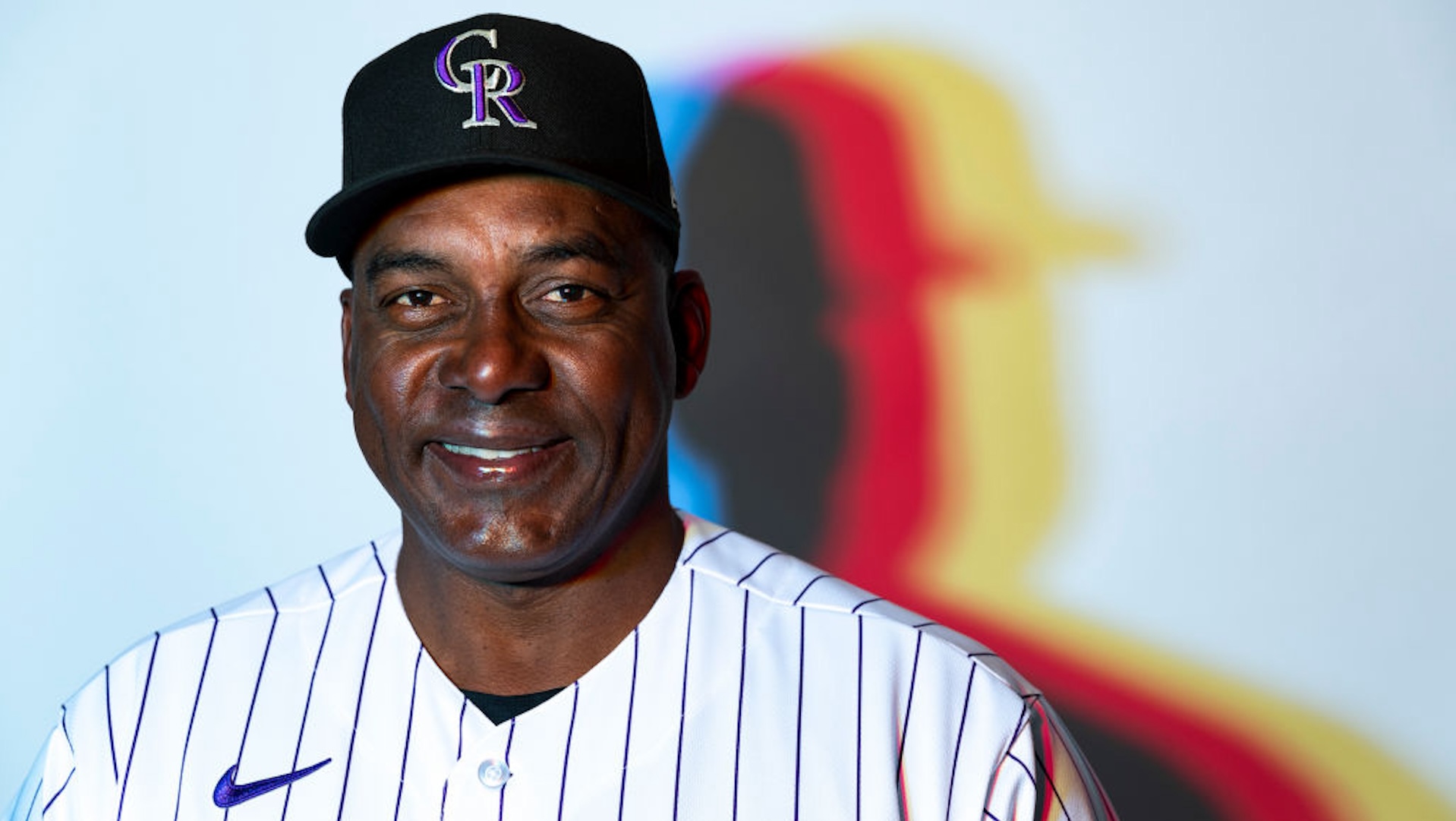On an otherwise quiet Saturday when the football-watching public were likely preparing for the latest slapfight between Nick Saban and Jimbo Fisher, the NFL and NFL Players Association announced their findings in the review of Tua Tagovailoa's brain injury from Sept. 29 in a game against Cincinnati, which in reality is a review of the other brain injury Tagovailoa sustained on Sept. 25 against Buffalo.
The investigation found that the NFL's concussion protocol actually worked just fine, thank you. In a news release yesterday, the league claims:
"While the investigation determined that the team medical staff and unaffiliated medical professionals followed the steps of the Protocol as written, the NFL and NFLPA agree that the outcome in this case is not what was intended when the Protocols were drafted.
Whether the "outcome" in this case is the NFL catching heat from all corners of society for an injury that was obvious to anyone with eyes, or just Tagovailoa's long-term health, is open to interpretation. Regardless, even though the system worked as planned, the league and NFLPA are now amending the concussion protocols so that any player who shows signs of ataxia will be not be allowed to return to the field. As a reminder, under the previously written plan, medical officials could decide whether to allow a player to return or not based on "gross motor instability."
So what is ataxia? According to the Cleveland Clinic: "Ataxia is when you have a problem with coordination, causing you to move in an uncertain, awkward or even clumsy way. It’s usually a sign of a problem with an area of your brain, ears or other parts of your nervous system." So, basically, the exact same things the NFL medical apparatus said it would be looking for before, now with a new and slightly metal-sounding title to it.
The NFL is more or less admitting that the concussion protocol is a fucked system that provides as much latitude for medical science as it does for ethical concerns. In the Sept. 25 game against Buffalo, Tagovailoa went out with what team and league medical professionals claimed to be a back injury, and then was allowed to return to play by the same professionals. Days later, he was carted off the field against the Bengals after a sack. Not long after that, the "unaffiliated neurotrauma consultant," who worked in conjunction with the NFL and the NFLPA to assess Tagovailoa, got the axe for not doing their job.
The system is working as intended, though now with a slight change in language that offers a difference without distinction. Everyone performed just as the protocols said they should, yet someone lost their job all the same. This is realpolitik under the guise of crisis communications, and the NFL is content to let this be the status quo going forward. Legal settlements and a growing body count of former players whose brains have been donated to science have changed the landscape for the NFL. But while the league has passed the point in time where concussions can no longer be ignored, that doesn't mean they have to be properly addressed.
The NFL will only keep digging deeper into the thesaurus and medical dictionary as necessary to keep the illusion of responsibility rather than any real standard of care for players. The NFLPA, league, and individual teams can build as big a medical tent as necessary, but ultimately these doctors are there to provide cover for the larger enterprise than any one player. That's because the needs of the league will always be irreconcilable with the health of players, and contradictions can't solve traumatic brain injury. Consider what Dr. Allen Sills, the league's chief medical officer told reporters yesterday:
These are indeed the people that someone thinks should be caring for you. It's important to note that though the NFLPA was quick to fire the neurotrauma consultant in this case, the league opposed the move. Jeff Miller, the NFL executive vice president who oversees health and safety, told reporters yesterday the league didn't support the move: "The notion that one could be fired at a time when the protocol was followed, you know, strikes us as something that the NFL wouldn't do."
That's probably the most honest thing said in this whole debacle.
